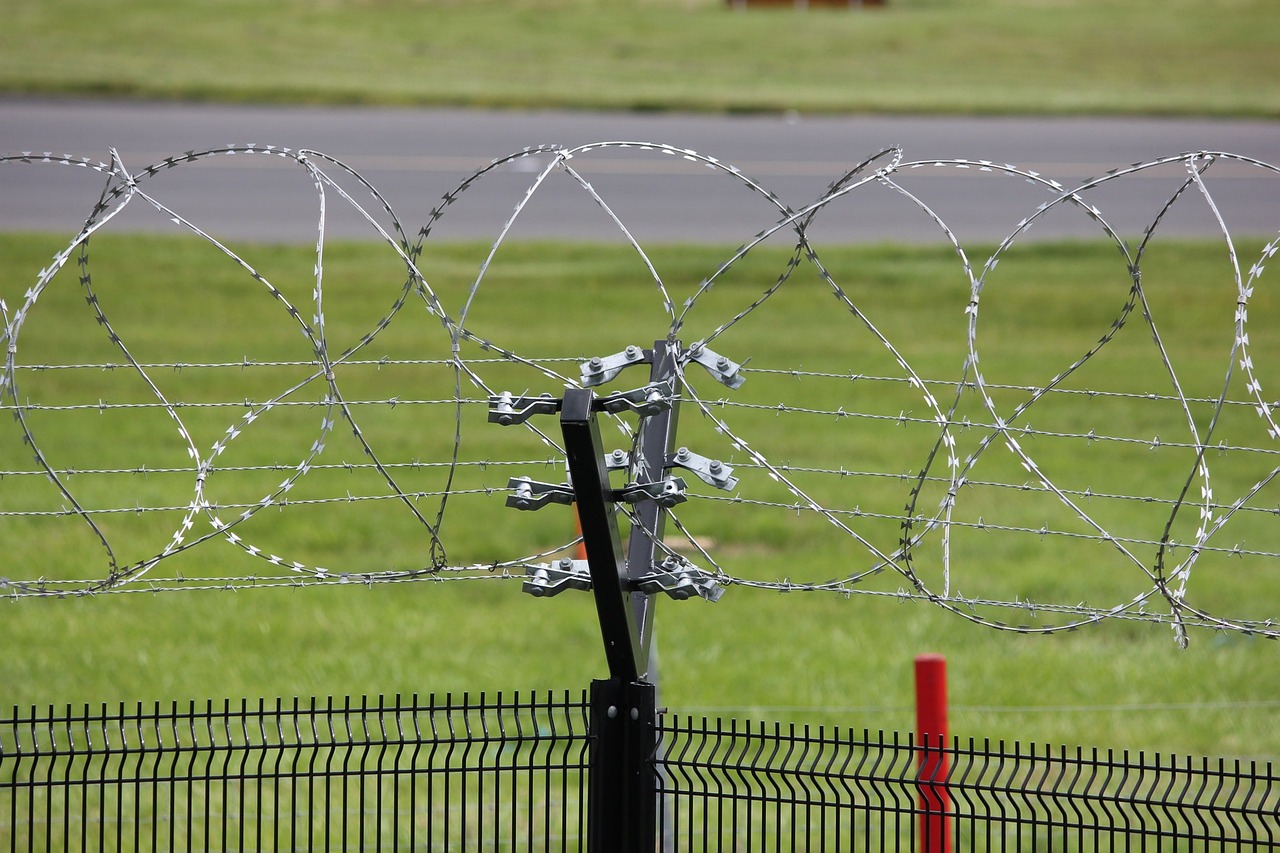
Finnish and Estonian governments are considering closing or restricting border crossings from the Russian Federation due to an influx of Iraqi and Somali immigrants attempting to cross the border without confrontation with Russian Border Services.
Estonia has also experienced a similar influx of Somali migrants via the Narva Border Crossing, with 27 foreign nationals trying to cross into Estonia without any Schengen Zone authorisation or interdiction from the Russian Federation. The most common reasons for refusal to cross the border were that foreigners did not have the appropriate documents for entry, were unclear about the purpose of the trip, or during an interview, it was determined that the person may pose a threat to public order or security. An influx of Moldovan migrants also attempted to cross into Estonia. The Estonian government is now mulling closing its border with the Russian Federation, as the country’s border service must process their asylum claim, which can overwhelm a small border service if the influx is large enough.
The Russian Federation seems to be exerting pressure on its Northern East neighbours by allowing and possibly coordinating these border influxes, similar to Belarus’ actions to Poland in 2022.






